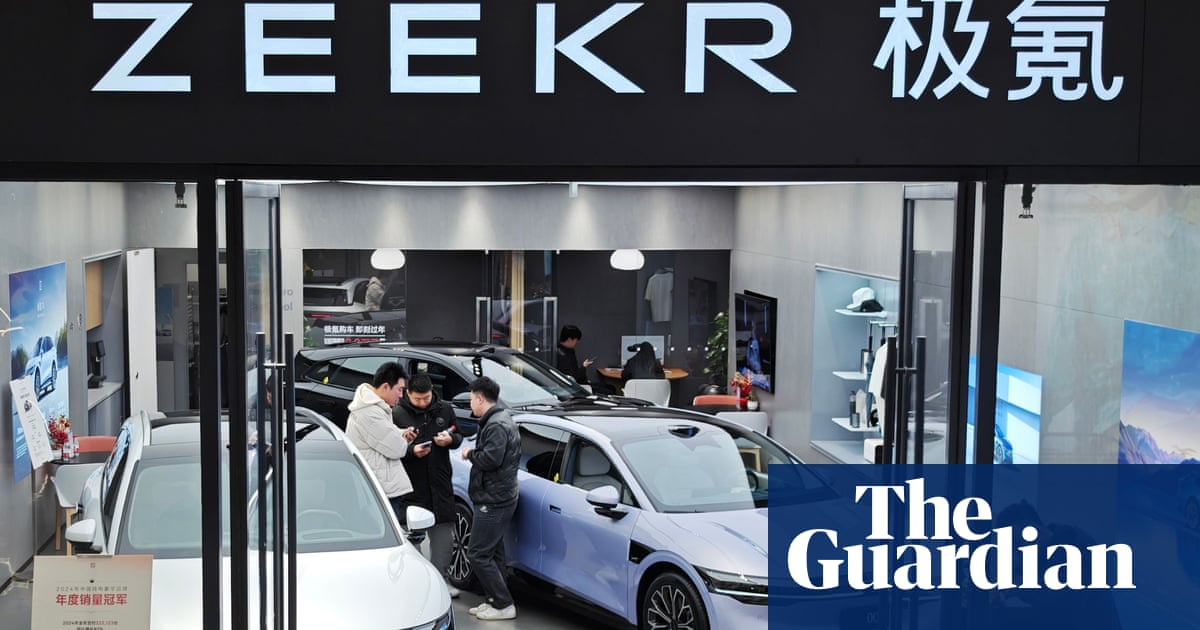Clean energy contributed a record 10% of Chinaâs gross domestic product in 2024, an analysis has found.
With sales and investments worth 13.6tn yuan (£1.5tn; $1.9tn), the sector has now overtaken real estate sales in value.
Solar power, electric vehicles (EVs) and batteries have all played a major role in the dramatic growth of Chinese clean technology.
Carbon Brief, which conducted the analysis based on official figures, industry data and analyst reports, said it had used a broad definition of âclean-energyâ sectors, including renewables, nuclear power, electricity grids, energy storage, EVs and railways.
EVs and vehicle batteries were the largest contributors to Chinaâs clean-energy economy last year, making up an estimated 39% of the overall value.
Simon Evans of Carbon Brief, said: âChina has been investing heavily in these sectors for a while now. Perhaps the scale and the pace of things has taken people by surprise, but Chinaâs been developing its electric vehicle industry for a long time now.
âItâs a deliberate, strategic move for various reasons, including the fact that China is a major oil importer and so they want to improve their energy security and their balance of payments by not having to import oil to run their cars.â
Whether the clean-energy sector continues to boom will depend on the new targets and policies in Chinaâs next five-year plan for economic and social development, which comes into force in 2026.
Evans said that, despite world events, China is likely to continue its growth in clean energy: âAfter the US election result lots of people were wondering what the implications of that would be for the global climate process. China already at Cop29 [last yearâs UN climate conference] made it very clear that it was planning to continue doing what itâs doing.
âTheyâre doing this not out of altruistic reasons but just because they think it makes sense financially and theyâve invested a huge amount in building up these industries. Theyâre not going to turn back just because Trump says he doesnât believe in climate change.â












